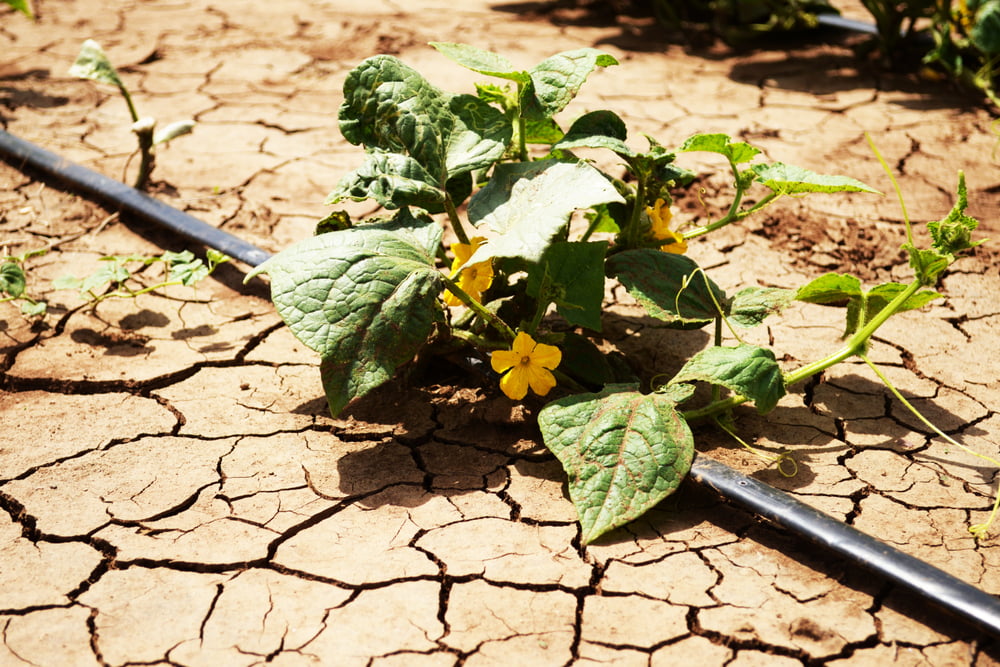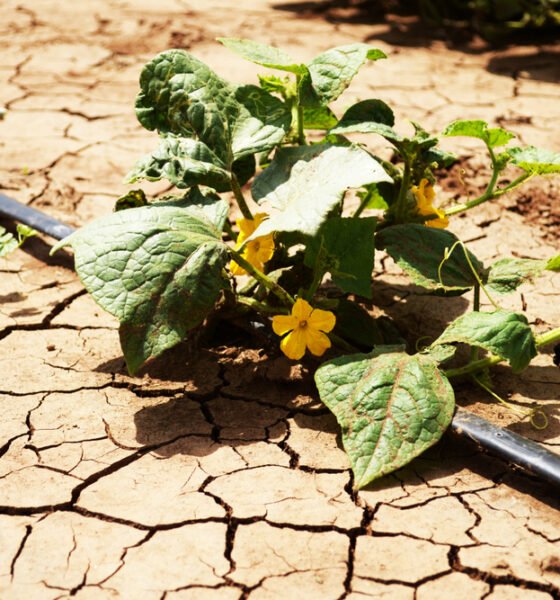

Environment
Exploring the Future of Food Concerns in the Face of Climate Change
Climate change has created a number of concerns for people all over the globe. One of the biggest concerns is that it is creating major food shortages across the globe. The United Nations reports that the global food supply will be severely threatened in the next 30 years if actions to curb climate change are not implemented.
As fears of climate change threaten our lives and food security, we are forced to start making some major changes. One of the things that we need to do is invest in technology to address food security concerns.
New Technology Can Help Address Food Security Concerns
Ever thought about how the meals on your plate might get a tech-savvy makeover? Well, the future of food’s looking like something out of a sci-fi movie, and it’s not just about those fancy molecular gastronomy dishes that pop and fizz in your mouth. We’re talking about a full-on revolution in the way food safety and quality are managed, thanks to some brainy tech like artificial intelligence (AI) and machine learning.
This technology can have some positive implications in a world affected by climate change. It can help us use our food supply more efficiently. It can also help curb food waste, which is a contributor to climate change.
Simulation Sensation
Imagine if, before a strawberry even made its sweet way to your breakfast table, it had already lived a thousand virtual lives. With simulation technology, growers and food scientists can predict how a crop will respond to everything from drought to new pesticides, all without having to conduct time-consuming real-world testing. This means that before a single seed hits the soil, there’s confidence that it’s going to be a blockbuster performer on the farm and on your fork. This helps cut down on waste and ensures that only the top-level produce, the ones that have hustled in the virtual world, make it to market. That’s a pretty big deal when you think about ensuring that every bite counts–and–everyone should have access to nutritious food in every circumstance.
AI Takes the Wheel
And then there’s AI – it’s not just for chess and self-driving cars anymore. It’s sidling up to the dinner table, ready to tackle food safety and quality assurance like a pro. By sifting through mountains of data on temperatures, cooking times, and contamination incidents, AI can spot trends and trouble before they spill over into a food safety oops. A machine that learns from every spinach recall or salmonella outbreak, adapting and getting smarter over time, could be the guardian angel of our food supply, keeping us one step ahead of the “bad bugs” that spoil more than just our appetites. Because, when it comes down to it, knowing your food’s been given the all-clear by a super-smart AI makes for much easier digestion.
The Internet of Things (IoT): Food’s New BFF
Not to be outdone, IoT devices are popping up in kitchens and packing plants, tracking food every step of the way from farm to fork. These gadget buddies collect data on everything—like how long your pizza dough’s been sitting out or the temperature of a shipping container full of lettuce—as it makes its epic journey to your plate. This level of oversight means that if something starts heading south quality-wise, it can be caught and corrected before you even think about taking that first bite. This isn’t just about keeping an eye on your spinach; it’s about creating a backdrop of data that can lead to smarter, safer food handling and even cut down on waste. In the world of food, knowledge isn’t just power; it’s also about freshness and safety.
Big Data Gets Bigger
Big data is another piece of that delicious pie known as the future of food. With the ability to analyze mountains of info—from crop yields to consumer buying habits—decision-makers can streamline operations and tailor their products to what people really want. For you and me, that means food is less likely to end up in the bin and more likely to end up meeting our taste buds and nutritional needs. It’s a win-win where everything, from the resources used to grow a humble potato to the energy needed to ship a case of exotic fruit, is optimized for maximum efficiency. This isn’t just about cutting costs; it’s a smarter way to feed our hungry planet without biting into our precious resources more than we absolutely need to.
A Tasty Future Awaits
All of these techy tricks being stirred into the pot that is the future of food are cooking up a world where what’s on your plate is safe, sustainably grown, and exactly what you wanted. When you think about it, it’s not just about enjoying your meal; it’s about peace of mind knowing that your food’s journey to your plate was under the watchful eyes of trailblazing tech every step of the way. So here’s to the coming years of eating—may our appetites be as smart as the innovations that keep our groceries getting better.
New Technology Can Mitigate Food Shortage Concerns Caused by Climate Change
We are increasingly concerned about food shortages as climate change becomes a greater problem. Fortunately, new technology can help mitigate these risks. It is a good idea to invest in this technology to help address these concerns.
































